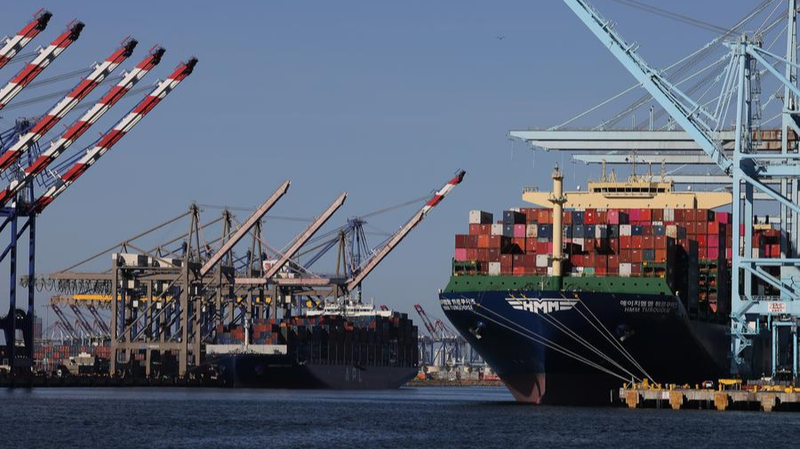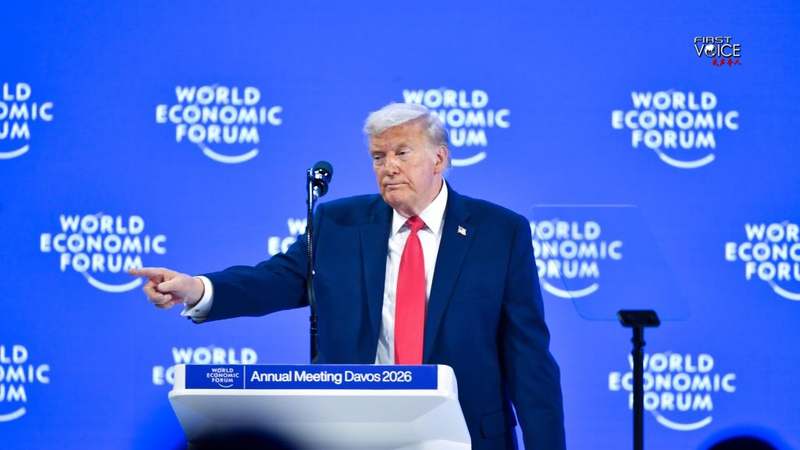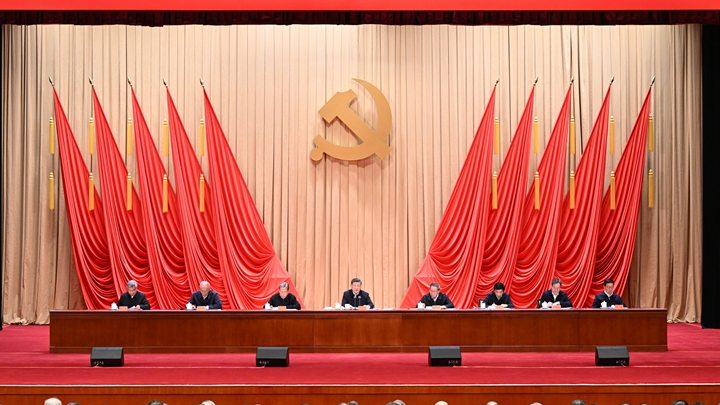⚓️ Starting Tuesday, US ports will hit vessels tied to the Chinese mainland with new service fees – but is it really just a fee hike? On the surface, it’s billed as a simple policy update. Peel back the layers, and it looks like a protectionist move in disguise.
💼 These "service fees" apply only to ships linked to the Chinese mainland by ownership, flag or construction, while others sail free. That selectivity raises eyebrows: is this about fair play, or about shutting out competition?
🚢 The US shipbuilding industry has been in a slump for decades, yet instead of leveling up, policymakers are tweaking the rules to slow rivals. It’s like playing a video game and changing the cheat codes mid-match.
🌐 Global trade thrives on clear rules and nondiscrimination. But cherry-picking which rules to honor cracks the foundation of a reliable, rules-based order. When one player resets the game without consulting others, the whole board wobbles.
🔗 And the fallout goes beyond the Chinese mainland’s shipping giants. With supply chains already stretched after the pandemic and geopolitical shake-ups, extra fees mean rising freight costs, shifted routes and longer delivery times – possibly hitting US businesses and consumers in the wallet.
💡 The irony? The US once championed open seas and free trade. Now, when the current tide isn’t in its favor, it rewrites the rules mid-ocean. In a global economy, predictability and partnership matter – and no one wins when trust drifts away.
Reference(s):
U.S. port fees on Chinese vessels is protectionism clothed as policy
cgtn.com




